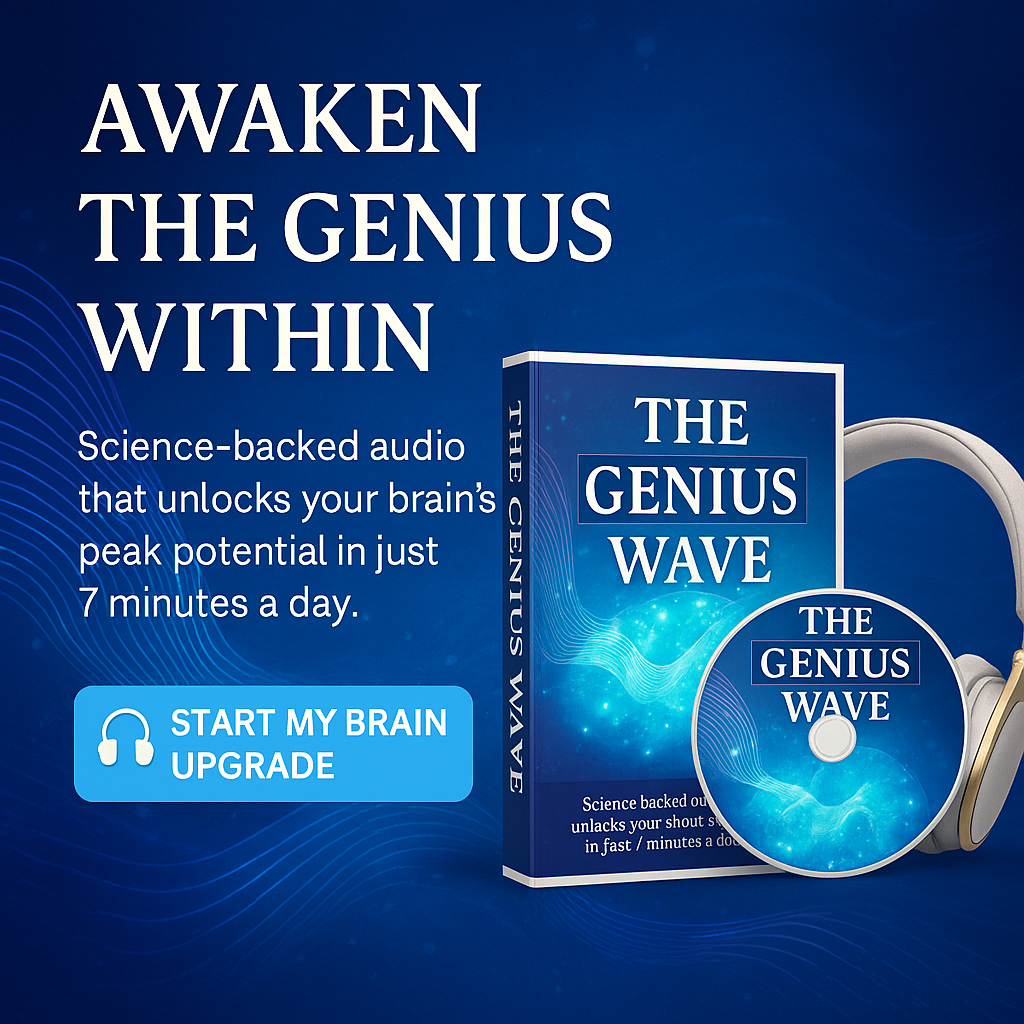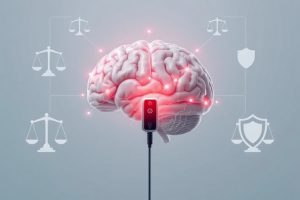Introduction
In recent years, mood relaxation audio has gained significant popularity as a non-invasive method to reduce stress and improve mental well-being. These audio programs often incorporate soothing sounds, music, or guided meditations designed to promote relaxation and emotional balance. Among these offerings is The Genius Wave, a product that claims to utilize brainwave entrainment technology to enhance mood and relaxation.
This raises important questions: Does the Genius Wave Mood Relaxation Audio actually work? Is it safe to use? And what does scientific research say about the effectiveness and safety of such audio-based relaxation tools? In this article, we will explore these questions in detail.
Understanding Genius Wave Mood Relaxation Audio and Brainwave Entrainment
The Genius Wave Mood Relaxation Audio is designed to influence brain activity through a process known as brainwave entrainment. This technique involves using rhythmic stimuli—such as sound frequencies—to synchronize brainwaves to a desired state. When the brain’s electrical activity aligns with specific frequencies, it can promote relaxation, focus, or sleep, depending on the targeted wave type.
Brainwave entrainment works by presenting auditory stimuli at particular frequencies that correspond to different mental states. For relaxation and mood improvement, the most relevant brainwave frequencies are alpha waves (8-13 Hz), associated with calm alertness, and theta waves (4-7 Hz), linked to deep relaxation and meditation. By listening to audio designed to induce these frequencies, users may experience a reduction in stress and an uplifted mood.
Scientific Evidence Supporting the Effectiveness of Mood Relaxation Audio
Research into sound therapy and audio-based relaxation methods has shown promising results. Several studies suggest that listening to calming sounds or music can decrease cortisol levels, reduce perceived stress, and improve overall mood. For example, a review published in the Journal of Music Therapy highlights how music and sound interventions can positively influence mental health outcomes.
Regarding brainwave entrainment specifically, some studies indicate that rhythmic auditory stimulation can effectively induce desired brain states. For instance, research published in the International Journal of Psychophysiology demonstrates that binaural beats—a form of brainwave entrainment—may help reduce anxiety and promote relaxation.
However, it is important to note that scientific research on specific products like The Genius Wave is still emerging. While the underlying principles are supported by broader studies, direct evidence for the efficacy of individual commercial products remains limited. More rigorous, large-scale studies are needed to conclusively establish their effectiveness.
Are There Safety Concerns with Using Mood Relaxation Audio?
Generally, sound therapy and audio relaxation methods are considered safe for most individuals. Listening to calming sounds or music is a non-invasive approach with minimal risk. Nonetheless, certain considerations should be kept in mind, especially for vulnerable groups.
Individuals with epilepsy, sleep disorders, or mental health conditions such as PTSD should consult healthcare professionals before using brainwave entrainment audio, as certain frequencies or prolonged exposure might trigger adverse effects. Additionally, users should ensure they listen at a comfortable volume and avoid using such audio devices while driving or operating machinery.
To maximize safety, it is recommended to limit session durations—typically 20 to 30 minutes—and to use the audio in a quiet, comfortable environment. If any discomfort or unusual symptoms occur, users should discontinue use and seek medical advice.
What Do Users Say About the Genius Wave Mood Relaxation Audio?
Many users report positive experiences with mood relaxation audio, noting feelings of calmness, reduced anxiety, and improved sleep quality. Common feedback includes appreciation for the soothing sounds and the ease of incorporating the sessions into daily routines.
Some users highlight the high-quality production and effective sound elements that help them relax more deeply. However, responses can vary widely; individual differences in brain chemistry, personal preferences, and expectations influence how effective the audio is perceived to be.
It is important to recognize that while many find these tools beneficial, they are not a substitute for professional mental health treatment when needed. Personal experiences can differ, and what works well for one person may not have the same effect for another.
How to Maximize the Benefits of Genius Wave Mood Relaxation Audio
To get the most out of mood relaxation audio like The Genius Wave, consider establishing a consistent routine. Use the audio at the same time each day, preferably in a quiet, comfortable space free from distractions. Duration-wise, sessions of 20 to 30 minutes are generally effective.
Combining audio therapy with other relaxation techniques—such as deep breathing, mindfulness meditation, or gentle stretching—can enhance overall stress reduction. Additionally, integrating these sessions into your daily routine can help build resilience against stress and improve overall mood over time.
Potential Risks and Downsides to Be Aware Of
While generally safe, frequent or prolonged use of brainwave entrainment audio may lead to negative effects in some individuals. Possible downsides include headaches, dizziness, or feelings of disorientation. There is also a theoretical risk of dependency, where users might rely heavily on audio sessions to achieve relaxation, potentially reducing their natural ability to relax without external aids.
If you experience persistent adverse effects or notice a decline in your natural stress management abilities, it is advisable to stop using the audio and consult a healthcare professional. Always prioritize your safety and well-being when exploring new relaxation methods.
Final Thoughts — Is the Genius Wave Mood Relaxation Audio a Trustworthy and Safe Relaxation Tool?
Based on current scientific insights, brainwave entrainment and sound therapy are promising approaches for relaxation and mood enhancement. The safety profile of audio-based relaxation tools like The Genius Wave appears favorable when used appropriately. However, it is essential to recognize that individual responses vary, and more rigorous scientific research is needed to confirm the efficacy of specific products.
As with any mental health or stress management strategy, it is wise to approach these tools as part of a comprehensive, evidence-based plan. Consulting with healthcare providers can help ensure that your relaxation practices are safe and suitable for your personal needs.
Call to Action
If you are considering trying mood relaxation audio, consult with a healthcare professional beforehand, especially if you have underlying health conditions. Sharing your experiences and feedback can also help others make informed decisions about audio-based relaxation tools. Remember, a balanced approach combining various techniques and professional guidance often yields the best results for mental well-being.




